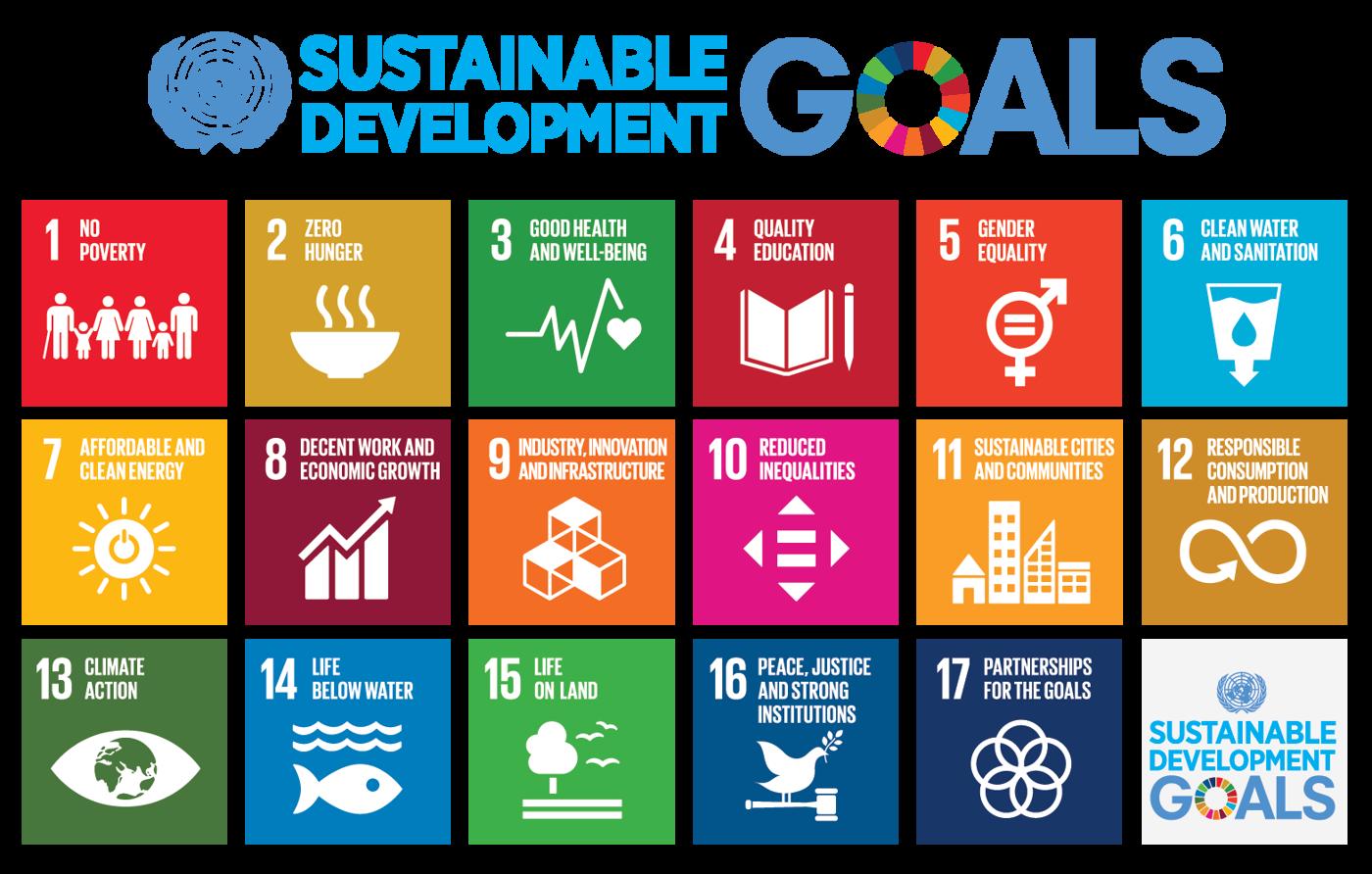
Project reference
18-0097-000-DEU-GIZ-SVA2030
Contract duration
2018 - 2019
Budget
96,192
Total amount implemented: 96.192,00 €
Countries
Germany
Keywords
Civil society, Environment, Governance, Macro-economic/ National policy, Public finance/budgeting
Advisory Services for GIZ Sector Project Agenda 2030
The Agenda 2030 for Sustainable Development has been implemented by all countries since 2016. Over the next 15 years it will shape numerous policy areas - far beyond development cooperation (DC). The Federal Ministry for Economic Cooperation and Development (BMZ) is in the process of aligning development policy with the implementation of Agenda 2030. This is based on three pillars: implementation in Germany, support for the partner countries of German development cooperation and at the international level.
The sector project (SV) Agenda 2030 for sustainable development advised the BMZ to all three pillars. The focus of advisory activitieswas on the following three areas:
Against this background, the scientific/conceptual support prepared existing knowledge in this respect and accelerate, facilitate and deepen the advisory service through corresponding professional preparatory work.
The support provided by the contractor enabled the SV Agenda 2030 to award contracts for the development of individual services at relatively short notice. At the same time, the contractor's broad technical base ensured the availability of scientific expertise on various topics relevant to the project and thus enabled the BMZ to provide technically adequate and precise advice. Furthermore, the SV was to be enabled to maintain an overview of existing reform and adaptation processes and to derive recommendations for German development cooperation from these. As part of the scientific support, the contractor cooperated with the SV Agenda 2030 on a case-by-case and topic basis upon request and provide services to be specified in detail.
The sector project (SV) Agenda 2030 for sustainable development advised the BMZ to all three pillars. The focus of advisory activitieswas on the following three areas:
- Design and operationalisation of Agenda 2030 in the international context;
- Development of conceptual foundations and materials for the implementation of the Agenda 2030 in German Development Cooperation;
- Establishment and Management of the Transformation Fund Agenda 2030
- Development of conceptual foundations for operationalisation and implementation of Agenda 2030 in Germany.
Against this background, the scientific/conceptual support prepared existing knowledge in this respect and accelerate, facilitate and deepen the advisory service through corresponding professional preparatory work.
The support provided by the contractor enabled the SV Agenda 2030 to award contracts for the development of individual services at relatively short notice. At the same time, the contractor's broad technical base ensured the availability of scientific expertise on various topics relevant to the project and thus enabled the BMZ to provide technically adequate and precise advice. Furthermore, the SV was to be enabled to maintain an overview of existing reform and adaptation processes and to derive recommendations for German development cooperation from these. As part of the scientific support, the contractor cooperated with the SV Agenda 2030 on a case-by-case and topic basis upon request and provide services to be specified in detail.